The workshop featured a series of presentations – including from VCP Founder and Co-Director Prof. Heidi J Larson – on the nature, mechanisms, and differential impacts of misinformation about science.


The workshop featured a series of presentations – including from VCP Founder and Co-Director Prof. Heidi J Larson – on the nature, mechanisms, and differential impacts of misinformation about science.
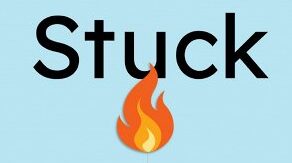
In this interview with the New Book Network, author and Professor Heidi J. Larson discusses the research that informed her book Stuck, and how things have changed since the COVID-19 pandemic.
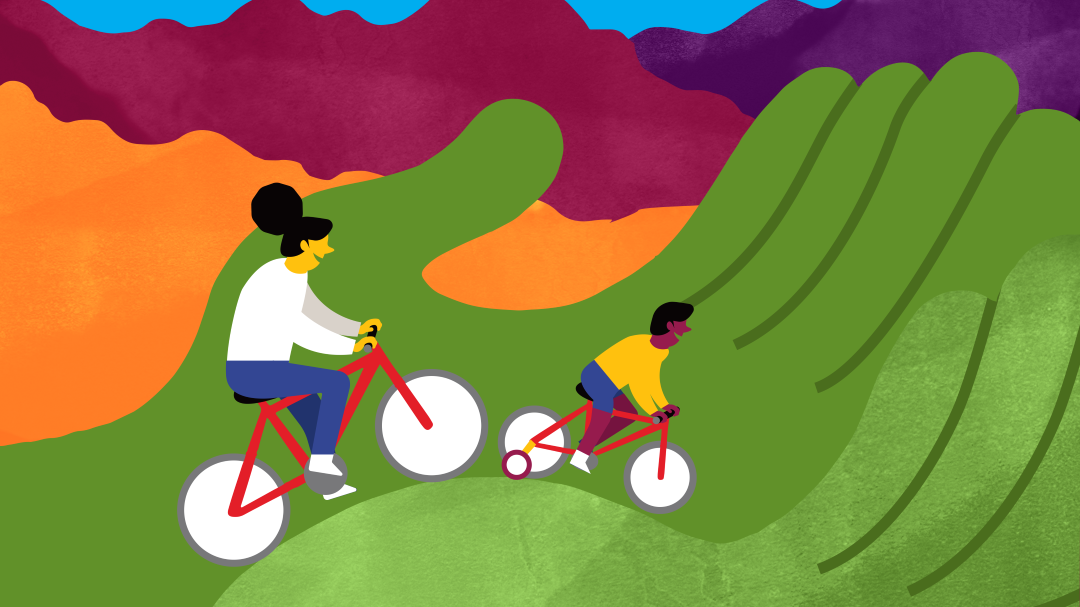
The UNICEF Regional Office for Europe and Central Asia (UNICEF ECARO) and the VCP worked in partnership to better understand the impact of social media on caregivers’ attitudes, beliefs, trust, immunisation intention and uptake.

This multisite research was designed to harness the power of social media to increase vaccination confidence and uptake in Thailand, Hong Kong, Singapore, and Japan.
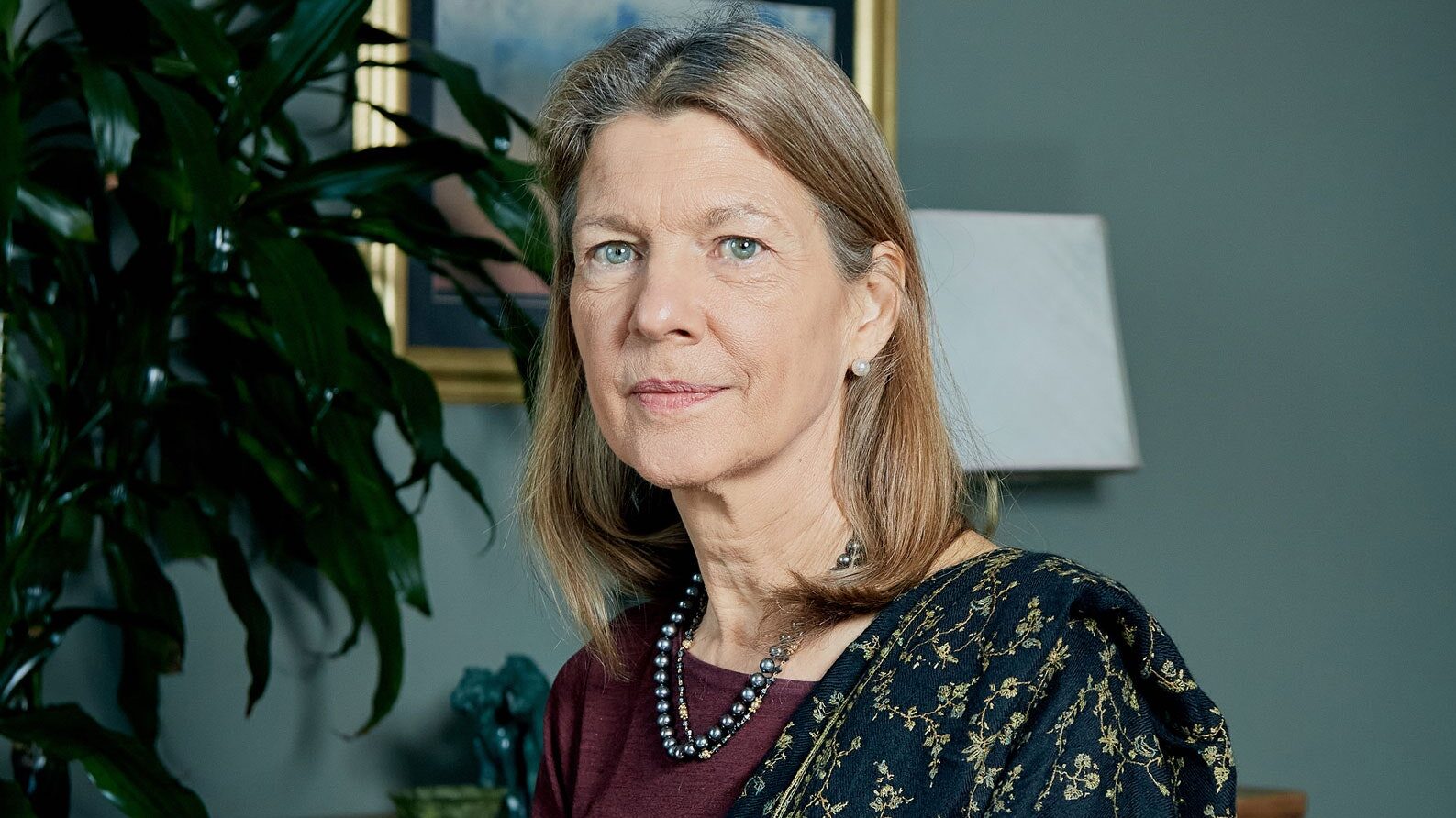
The world’s richest countries are now its most vaccine-hesitant. Can we learn to trust our shots before the next pandemic?
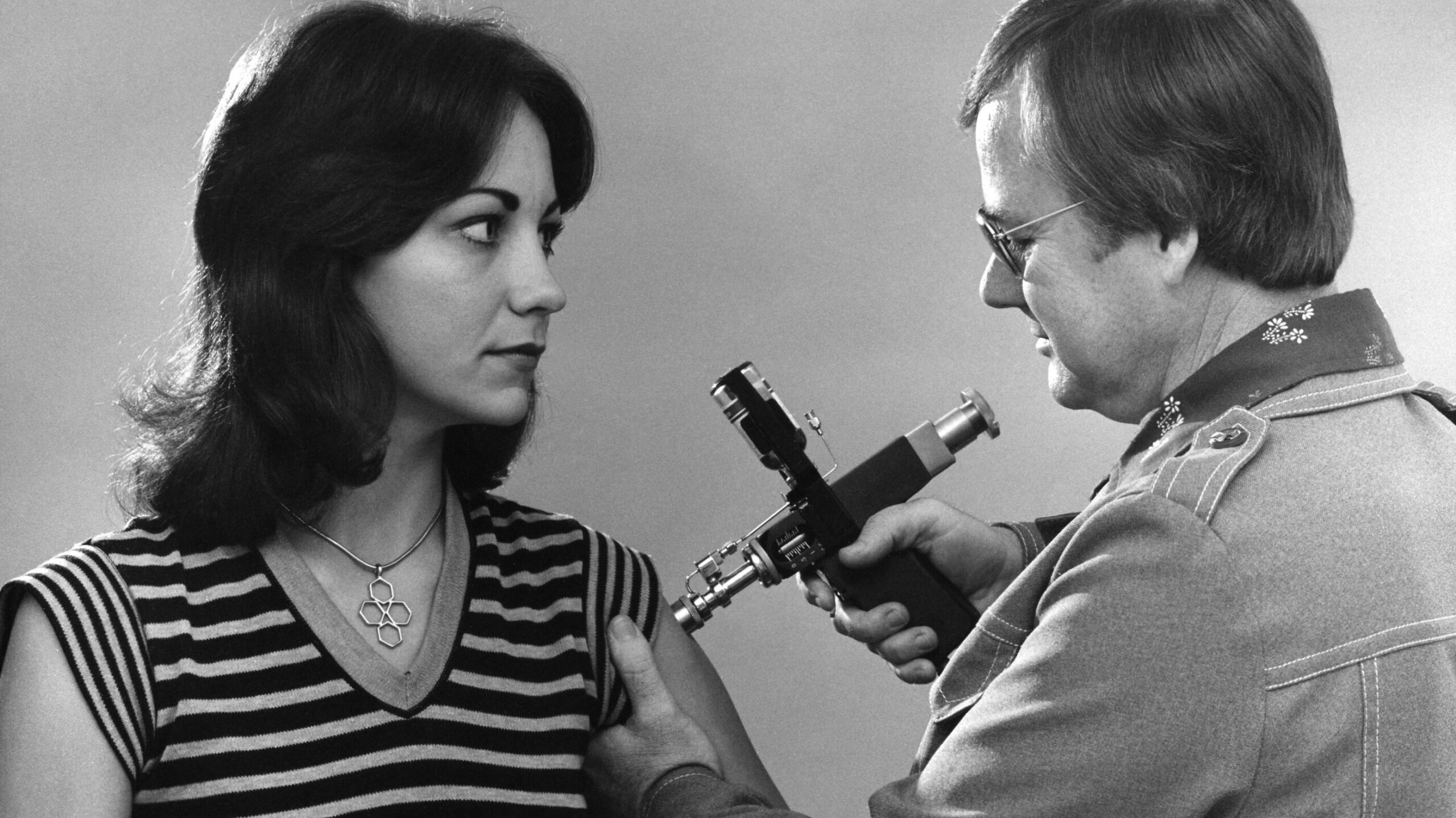
“This should be a wake-up call to people,” says Heidi Larson, a professor and founder of the…

For Heidi Larson, the founder of the Vaccine Confidence Project, dispelling vaccine hesitancy means building trust — and avoiding the term “anti-vaxxer.
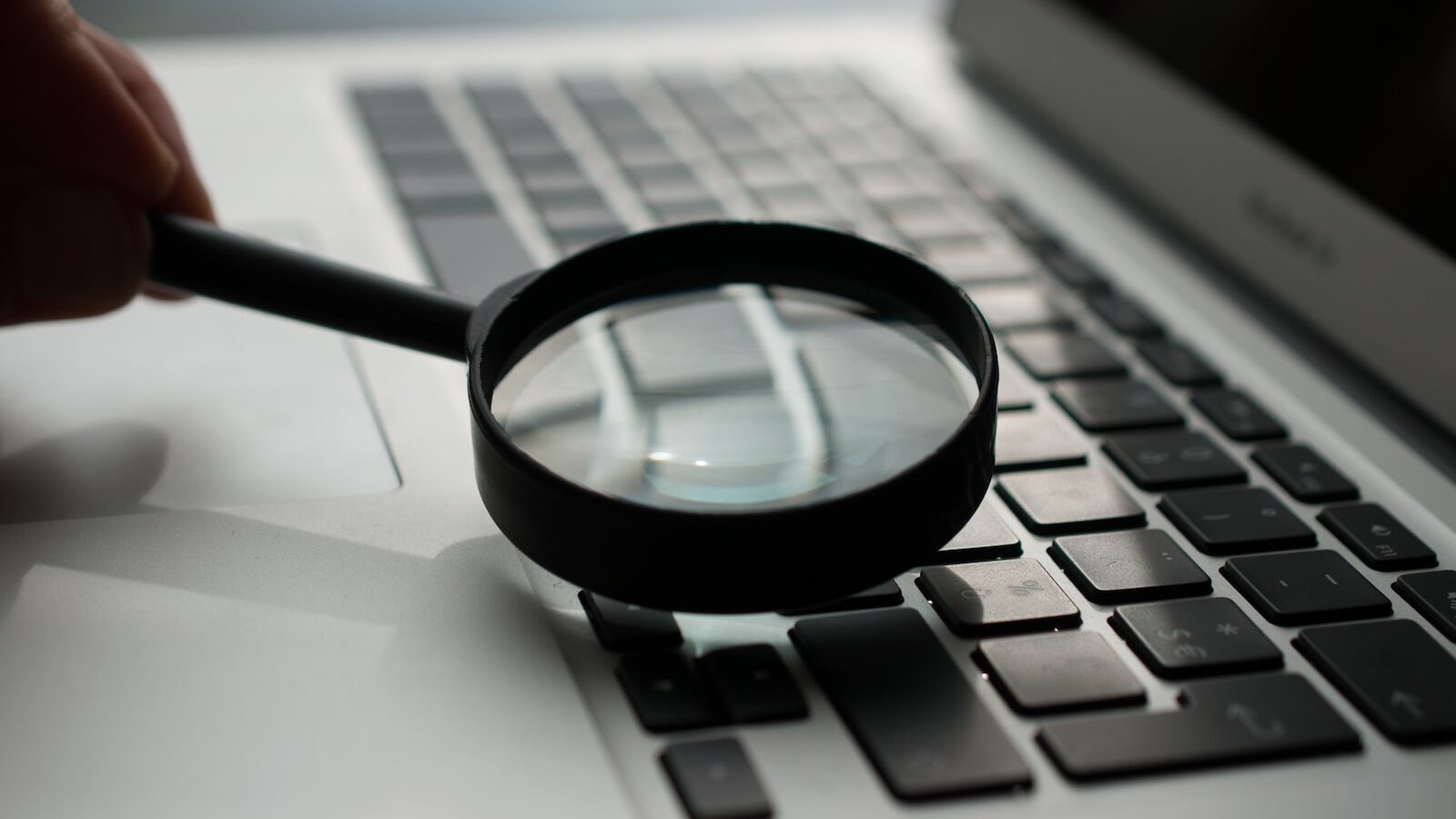
This research aims to develop and evaluate a suite of feasible interventions based on artificial intelligence technologies checking extensions, real-time dashboards, and chatbots – that improve the ability to debunk misinformation, boost self-efficacy in the vaccination decision-making process.

This research applies communication and behavioural theories to comprehensively assess confidence in and acceptance of HPV vaccines in Japan, Korea, and China amongst people who have not received the vaccine, in order to develop effective digital communication strategies to increase uptake.

The IRIS Academic Research Group was founded by some of the world’s leading researchers and academic institutions and launched in June 2021 at the inaugural Global Vaccine Confidence Summit as part of the UK government’s G7 Presidency.

Overview Human Papillomavirus (HPV) is the fourth biggest cause of mortality amongst women in Brazil according to the Pan American Health Organisation (PAHO) but COVID-19…

Years of lies and rumours about COVID have had a contagion effect, damaging public acceptance of all vaccines, said…